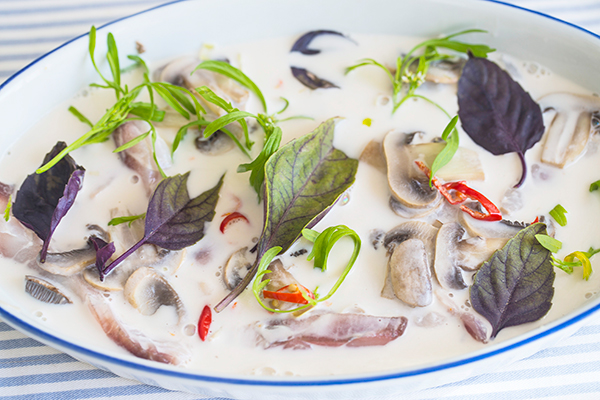How often do you use recipes; and when you use them, are they yours or someone else’s?
I often wonder how many people still collect, store or develop recipes.
Do people still have a book covered in food stains and fatty thumbprints that gets consulted on special occasions?
Do people still wake up and have a quiet coffee before they announce that they have a special craving for a specific family favourite, then head off into the kitchen to consult the recipe book before compiling the day’s shopping list?
Until a few years back, eating at home with neighbours or friends or even distant family was like a culinary exploration tour. Even when you were served one or more of the well-known classics, each family had their own twist, a unique signature of sorts.
These days, it does not happen all that often any more. With the amount of ready made store-bought products that are employed in home kitchens, we are approaching some kind of flavour conjunction or unification.
These days it is as if everyone buys the same salad dressing or meat marinade or chicken rub, and as a result, everyone’s food tastes the same; or is at least heading in the same direction.
The arrival of the internet did for recipe books what television did for drive-in movie-theatres: It is killing off old-school, paper-printed recipe books as we know them.
And the internet is killing the hand-written family cookbook too. With the convenience of millions of recipes accessible at the mere push of a button, we have lost the need to collect, record and store recipes.
A simple action to bookmark a page is enough to make sure the recipe is always accessible.
Easy and simple and so convenient; and in an instant we could cook any dish from near or far, provided we could source the right ingredients.
And who would not want to be the one who impresses the most?
The one-eyed king leading the blind?
There is more to authenticity than mere recipes. Culture and thus cuisine is not as easy to access as people want to believe.
In my view, if you cook by reading recipes and not by understanding the food that you are cooking, you are a pretentious cook, your guests will pick up on it and they will not like your food, for it has no soul.
You are much better off by rescuing your mother’s or grandmother’s handwritten family cookbook. Digitise it if you like, but save and use it.
For it contains experiences that you can’t buy or source from webpages. Each recipe was tested, over and over again, until it was perfect. So it works.
Each recipe is honest and thus trustworthy. No left-out ingredients or missing steps in the directions section designed by a chef trying to protect his or her commercial interests. Mothers and grandmothers are generous cooks; they tell you everything you need to know.
When you go through their recipe books, you’ll learn a lot more about the art of cooking than from the modern recipes you so frequent. Modern recipes are written for lazy people; and invariably skimp on cooking techniques. How often do you hear that some recipe is too complicated, or takes too long to make? As a result, authors of these recipes remove what is perceived to be challenging and present a dumbed-down version designed not to teach people how to prepare a dish in the authentic way, but teach them how to combine ingredients in a manner that suits their wallets and their timelines but carries no soul.
So go find that hand-written recipe book and put it to good use. Learn to cook with instinct, just like your mother or grandma did. Spread the joy of simple, good and healthy food that was designed by your family for your family.
Thai-Style Coconut Soup with Fresh White Fish and Mushrooms
• 300 grams fresh white fish such as hake or kingklip or kabeljou, cut into 3cm cubes
• 200 grams button mushrooms, sliced thinly
• 3 stems lemongrass, sliced thinly
• 1 to 2 red chillies, sliced thinly with seeds removed
• 3 centimetres fresh ginger, sliced thinly
• Purple basil (for garnish)
Stay informed with The Namibian – your source for credible journalism. Get in-depth reporting and opinions for
only N$85 a month. Invest in journalism, invest in democracy –
Subscribe Now!










